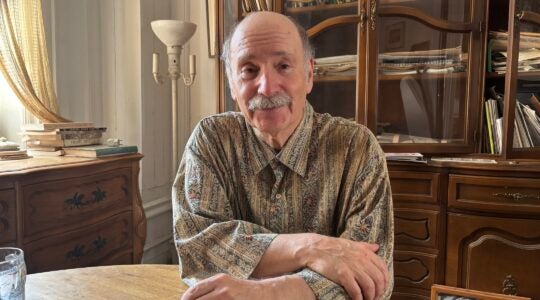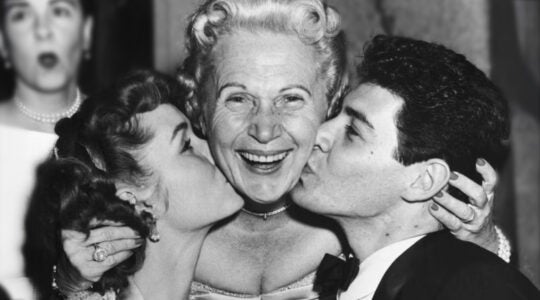In this post-9-ll period, Americans can learn about genocide every day in the media. Now some study it at the Ph.D. level as well.
Clark University in Worcester, Mass., which established four years ago the first Ph.D. program in Holocaust history, this week expanded its scope and gave it a new name. The Strassler Family Center for Holocaust and Genocide Studies, honoring investments executive David Strassler and his family who made a $4 million gift for the center’s endowment, is the world’s first advanced academic program with a concentration on the Shoah and other examples of genocide.
"The Holocaust is fascinating by itself," says Deborah Dwork, founding director of the university’s Holocaust Center. "But we want to put it in context with other genocides. That way we can see how the Holocaust was unique, but also understand how these other tragedies happened."
These tragedies include mass extermination in Rwanda, Cambodia and Armenia. An endowed academic chair in Armenian Genocide Studies at Clark University was also announced this week at a ceremony featuring author Steve Emerson who spoke on "Terrorism: The Mechanism for Genocide in the 21st Century."
The new, five-year Ph.D. program will admit only two or three students a year, Dwork says. "They will learn about the heinous past in the hope of giving shape to a netter future."
Current research projects in the program cover studies on Nazi women concentration camp guards, the Canadian response to the Holocaust, and the resettlement of Holocaust survivors in the United States.
The New York Jewish Week brings you the stories behind the headlines, keeping you connected to Jewish life in New York. Help sustain the reporting you trust by donating today.




